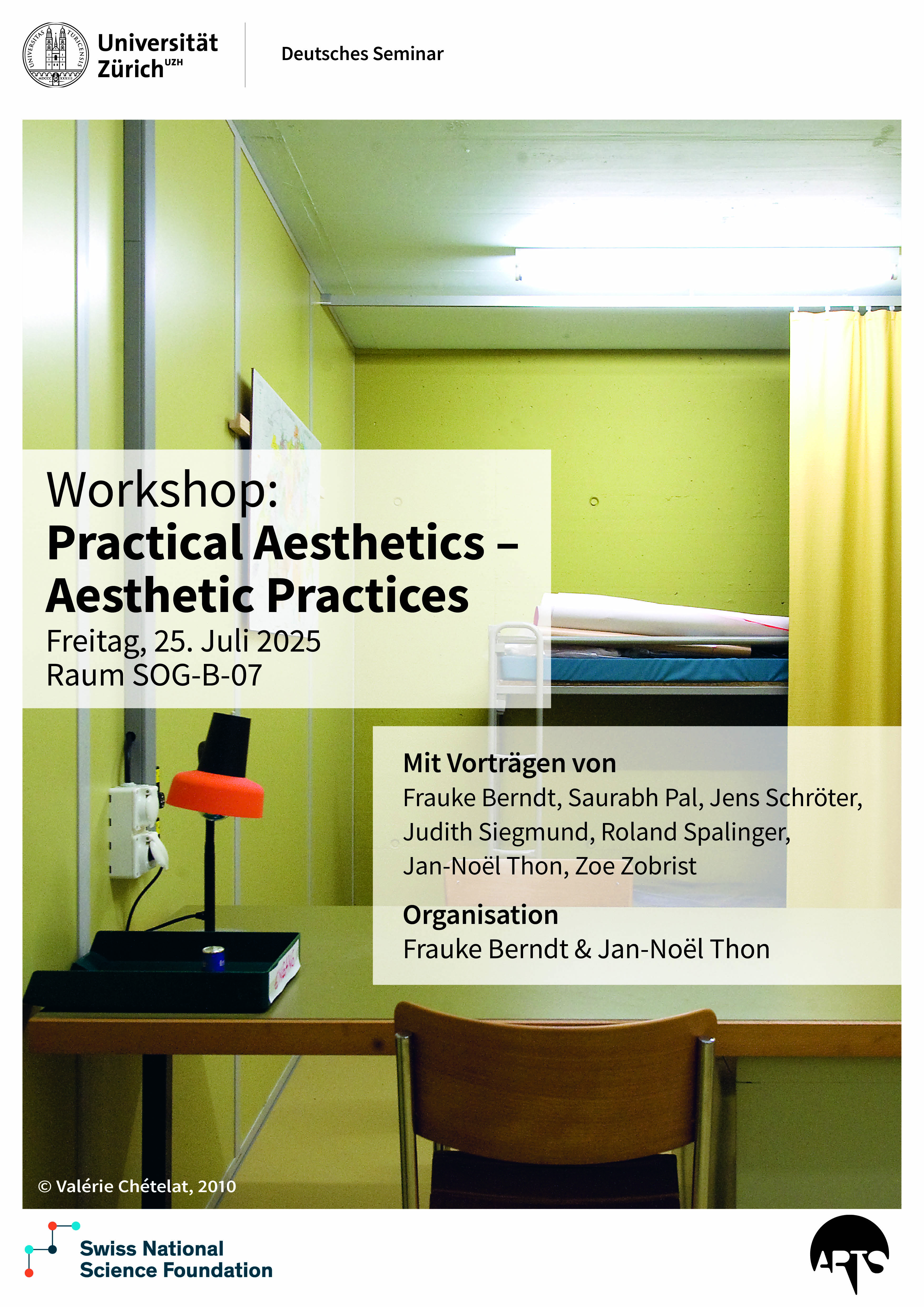ARTS: The Formation of Practical Aesthetics in A. G. Baumgarten’s German Corpus
In his major Latin treatises, Alexander Gottlieb Baumgarten (1714–1762) invented modern aesthetics. But what about his texts in German? Despite Baumgarten’s historical importance, his academic lectures, fictional letters published in a moral weekly, and a diary have never been submitted to systematic study. By analyzing these texts as a distinctive corpus from the perspective of genre theory, the research project will yield a significant contribution to the interdisciplinary research on eighteenth-century aesthetics. Engaging with these seemingly inconspicuous texts will not only address a desideratum but also result in a profound reevaluation of our understanding of Baumgarten’s achievements as a whole.
The thesis of the project is that Baumgarten’s Latin and German texts play complementary roles in his foundational conception of aesthetics. In his Latin treatises, Baumgarten outlines a theoretical aesthetics, whereas the German-language corpus elaborates a practical aesthetics that he calls an “art of aesthetic experience.” The switch from Latin to German is thus accompanied by a shift in concepts that is due to a change in genre: Baumgarten’s practical aesthetics is not published in philosophical tomes but in popular genres. According to their specific genre rules, the texts construct aesthetic communities that serve as the interface for the texts to intervene in contemporaneous debates and controversies.
The project considers the range of popular genres Baumgarten employs with respect to their sociopragmatic context and function as well as to the literary traditions they relate to. The guiding research question is: How do the popular genres shape and stage the conceptual content of his practical aesthetics? Methodologically, the project is based on a genre-theoretical approach that is praxeologically anchored in its operationalization: material practices will be analyzed by means of philology, practices of form by means of rhetoric and narratology, and discursive practices by means of discourse analysis.
The research will be conducted in two interconnected subprojects. The first subproject (postdoc) will begin by making Baumgarten’s German corpus accessible. The postdoc will then broadly analyze the specific forms and literary techniques of the popular genres. This will make it possible to formulate the conceptual framework of Baumgarten’s practical aesthetics and to identify his interventions in contemporaneous debates and controversies. Based on the first subproject, the second subproject (doctoral student) will elucidate two genres in detail.
The overall goal of this research project is to contribute to a sophisticated understanding of Baumgarten’s complementary pairing of theoretical and practical aesthetics. Situating aesthetics in the lifeworld, his German corpus elaborates a practical aesthetics that simultaneously performs aesthetic experience and participates in aesthetic communities. The corpus thus takes us to the historical roots of community-oriented concepts and practices in art, articulating a basis on which we can share in aesthetic experience, whether in agreement or disagreement.
Project leader: Frauke Berndt
Postdoc: Saurabh Pal
Doc: Andreas König
Research assistants: Sophie Ritter & Dominik Spalinger
Start: 1 July 2025


